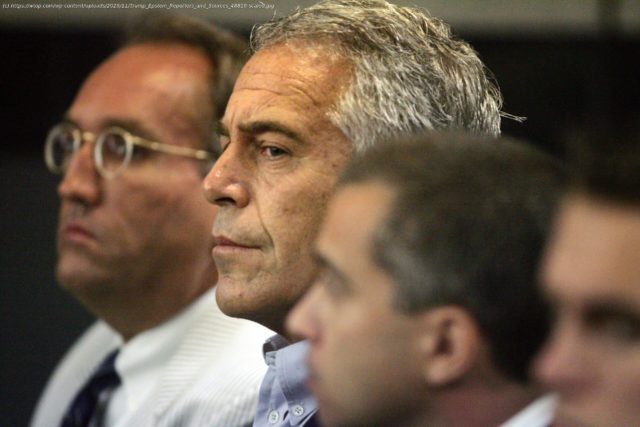The emails to and from Jeffrey Epstein released this week shine a light on the delicate relationship between reporters and their sources. And, as can be the…
The emails to and from Jeffrey Epstein released this week shine a light on the delicate relationship between reporters and their sources. And, as can be the case, bright light isn’t always flattering.
Messages between Epstein, the convicted sex offender who died by suicide in 2019, and journalists Michael Wolff and Landon Thomas Jr. are frequently chummy and, in one case, show Wolff giving Epstein advice on how to deal with the media —- a line journalists are taught not to cross. Wolff specializes in the “you are there” inside accounts that are possible with intensive reporting, though some of his work has been questioned.
People frequently see journalists in public settings, conducting an interview or asking questions at a news conference. Private phone calls, texts or messages — where reporters try to ingratiate themselves with sources who may not otherwise be inclined to give information — are inherently different. But ethical rules remain and are followed by most in American journalism.
Wolff’s advice came in a December 2015 exchange, where the writer said he heard CNN was going to ask then-presidential candidate Donald Trump about his relationship with Epstein. If we could craft an answer for him, Epstein wondered, what would it be?
“I think you should let him hang himself,” Wolff replied. “If he says he hasn’t been on the plane or to the house, then that gives you a valuable PR and political currency. You can hang him in a way that potentially generates a positive benefit for you, or, if it really looks like he could win, you could save him, generating a debt.”
The exchange left some experts aghast.
Independence is vital for a journalist, and Wolff compromised it, said Dan Kennedy, a media writer and professor at Northeastern University.
Kathleen Bartzen Culver’s voice rises in anger just contemplating the example. Culver, director of the Center for Journalism Ethics at the University of Wisconsin, said there are plenty of ethical issues to maneuver every day, like whether a reporter should give $20 after interviewing a poor person who lost benefits during the government shutdown.
“Giving PR advice to a convicted sex offender isn’t one of them,” she said.
Домой
United States
USA — mix How chummy is too chummy? Epstein emails shine light on relationships between...






